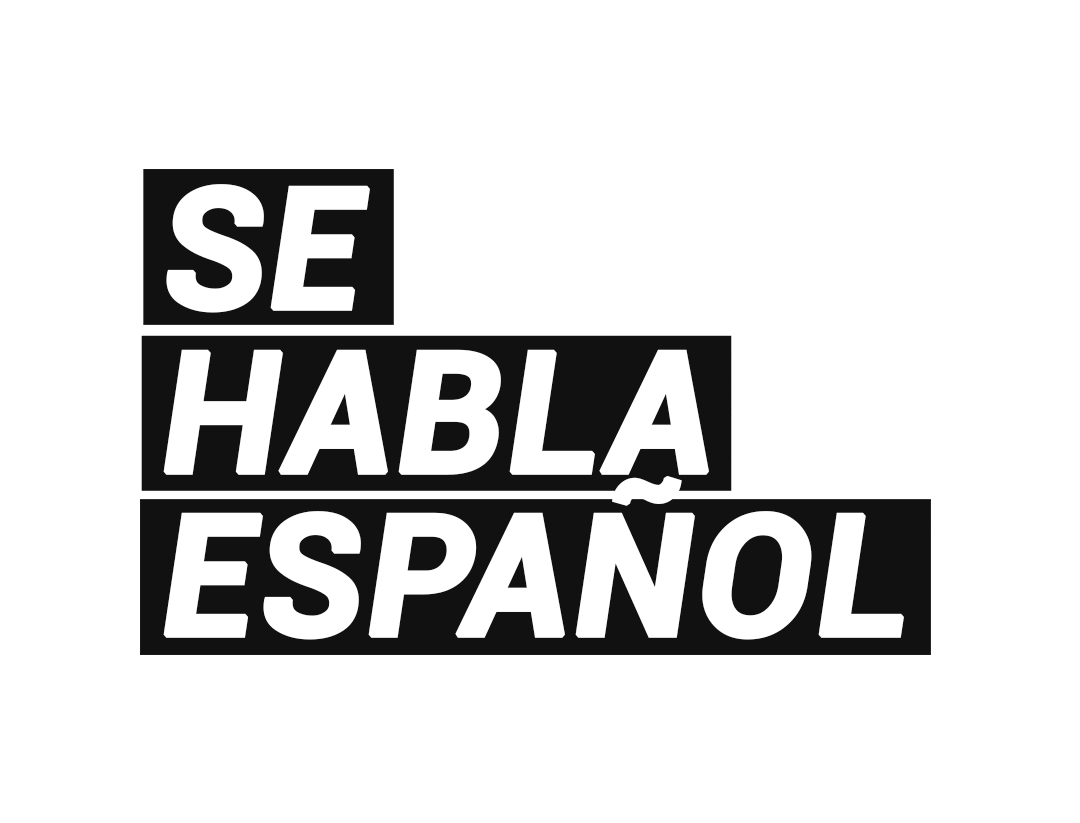Sponsored by
A W-2, a Laundromat Owner, & a Billionaire Walk Into a Room…
NOVEMBER 2-4 | AUSTIN, TX
At Main Street Over Wall Street 2025, you’ll learn the exact playbook we’ve used to help thousands of “normal” people find, fund, negotiate, and buy profitable businesses that cash flow.
Use code BHP500 to save $500 on your ticket today (this event WILL sell out).
Click here to get your ticket, see the speaker list, schedule, and more.
Morning! 😃 ☕️
Five days ago, this was foreign text on a screen.
Now it's in your head permanently. That's not luck. That's how language actually sticks.
In today's email…
-
📱 Day 5: Complete recall test
-
🌟 Why García Márquez spoke these words near the end of his life
-
🏃♂️ The cultural philosophy that makes this quote timeless
📧 subscribe here \ yesterdays newsletter 📆
MEMORIZE 🧠
__ ______ ______ __ __ _______... ______ ______ _______.
As always, the answer key and audio are at the bottom of this email.
CULTURAL MOMENT 🍅
Gabriel García Márquez didn't write this quote for a novel.
He didn't prepare it for a speech.
According to those close to him, he spoke these words spontaneously near the end of his life, reflecting on memory loss, mortality, and what matters when everything's slipping away.
That context changes everything.
This wasn't a young writer crafting pretty philosophy.
This was an elderly man watching his own mind fade, losing the stories he'd spent decades building, forgetting the people and places that defined him.
And in that moment of profound loss, he chose gratitude over grief.
Not because the grief wasn't real - but because the joy had been real too.
The quote became culturally powerful because it models what Spanish-speaking cultures value most: dignity in loss.
Not pretending the pain doesn't exist.
Not rushing to silver linings.
But refusing to let endings erase the meaning of what came before.
You see this philosophy embedded throughout Hispanic culture.
In Mexican Día de los Muertos celebrations that honor death while celebrating life. In Colombian vallenato music that weaves heartbreak and joy into the same song.
In the Spanish concept of "duende" - that quality of heightened emotion that comes from confronting darkness and beauty simultaneously.
When Spanish speakers use this quote, they're tapping into something deeper than poetry. They're asserting a worldview: that love and loss are inseparable, that grief proves something mattered, that endings don't diminish what was.
The quote spread across Spanish-speaking countries because it gave language to something the culture already believed but hadn't quite crystallized.
It became the thing you say when words feel inadequate but silence feels wrong.
When someone needs permission to feel both sad and grateful at once.
That's the power of culturally resonant phrases.
They don't teach you anything new.
They give you words for what you already sense is true.

HEAR THE SPANISH AUDIO 🍅
Pro tip: Listen three times.
Once for general meaning.
Once following along with the text.
Once with your eyes closed, focusing purely on pronunciation and rhythm.
ANSWER KEY ✅
Spanish: No llores porque ya se terminó, sonríe porque sucedió.
English: Don't cry because it's over, smile because it happened.
🍅 Could you help us grow?
Send this link to 4 friends and we’ll feature you in our newsletter next week (It’s Free!)
How was today's newsletter? Your feedback helps us create better Spanish content for you! (I read every single one!)
🎯 ¡Perfecto! My Spanish is growing →
📚 Está bien. Here's what would help →
See you tomorrow! - 🍅 The Phrase Café Team
Get the audio by subscribing below 👇
There's a better way to learn.
Phrase Café delivers one memorable disappearing Spanish phrase to your inbox daily. It’s a simple, effective way to build fluency without the frustration.

